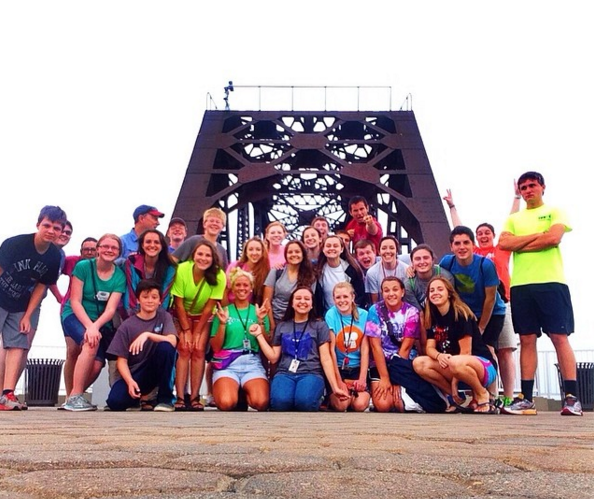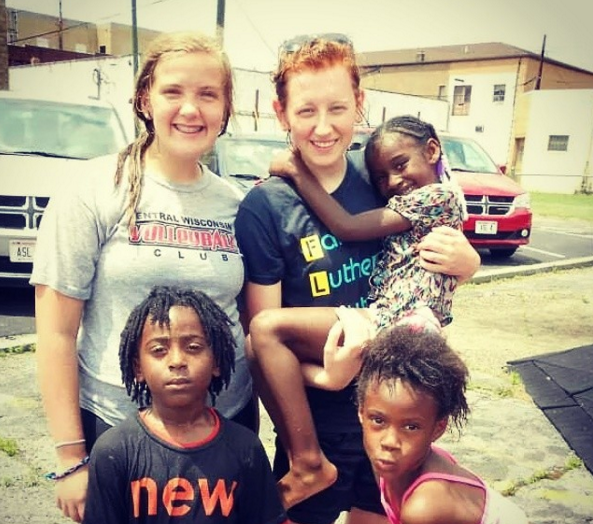What To Expect In A Small Urban Community
There are a lot of things to think about as you prepare to go on your mission trip, but one thing you don’t want to overlook is the setting of your service. Where you serve matters! Here are just a few things to get you started as you prepare to serve in a Small Urban Community.

Louisville, KY
Life in a Small Urban Community
Small urban areas are unique in that they can be a city that feels like a small town or a small town that resembles an urban area. The community could be very unknown to the greater United States but may be the largest town in miles. Life can be fast paced but not as rushed as that of a large urban area. Small urban communities often face deeper issues that may be hard to notice at first glance. Poverty, family issues and racial tensions are a few examples.
As you serve in small urban areas, you may encounter cultural and ethnic diversity, various levels of poverty and the challenges that come from a lot of people living close together. But you will also experience how this unique blend creates community. Because of this abundance of factors, you’ll find that the stereotypes you’ve held about people – or certain kinds of people – may not hold true. We invite you to join us as we continue to let go of preconceptions and interact with people as they are and not as we expect them to be.
As you prepare, ask your group these questions:
- What are some ways culture or ethnicity impact our faith, ministry and relationships?
- How can the views from our culture impact your week in a different culture?
- What are some stereotypes we might have about the community we are visiting? How might these be misconceptions?

Steubenville, OH
Serving in a Small Urban Community
At YouthWorks, we have learned that there are a number of typical reactions you and your group may experience as you step into this type of community. We share these with you so you know what to expect and so you understand that it’s normal to have these feelings.
Time Sensitivity. Spending time with people might be valued more than being on time. As a result, things don’t always run on schedule; community members may show up “late” to an event. This is not a sign of disrespect. When you meet someone for the first time, think about “visiting” instead of “meeting.” Spend time with people before you try to get things done.
In the Spotlight. Similar to a small town setting, people will know you are in the area, so be very aware of how your behavior looks to others. Something as simple as driving too fast through town or being unfriendly at a store can reflect poorly on your presence in the community.
Access. Smaller communities do not have wide access to the variety or quality of conveniences you may be used to. That might be health care facilities, places of business, Internet connections or any number of things. Check your expectations as you enter the community, be careful how you speak about the community, and don’t assume everything you would like will be right at your fingertips.
No matter where you serve, you have the incredible opportunity do something meaningful alongside unique individuals whom God calls sons and daughters. How will you prepare for the place, so you can more effectively serve and learn from the people?
Learn more about the communities we serve in HERE:
American Indian, Large Urban, and Small Town.
